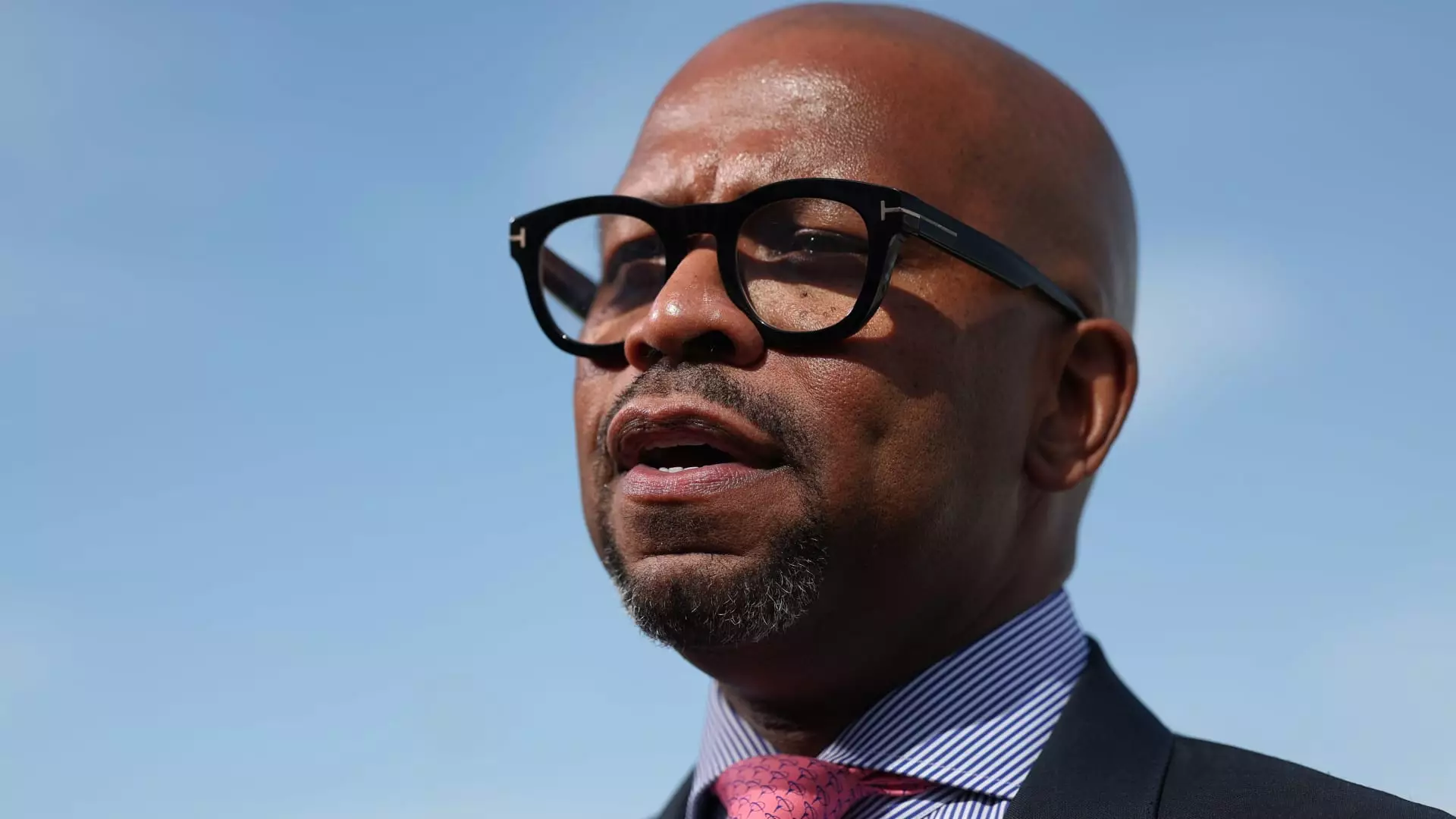Boeing’s defense division is undergoing significant leadership change with the immediate departure of Ted Colbert, who previously led the unit. This shift comes as CEO Kelly Ortberg, who assumed his role in August, seeks to implement his vision for the company amidst a backdrop of critical challenges facing the aerospace giant. The announcement of Colbert’s exit signifies not only a change in personnel but reflects a broader strategic necessity for Boeing to re-establish credibility with its clients and stakeholders.
In a memo addressed to staff, Ortberg emphasized the urgency to restore trust with Boeing’s customers, asserting that their expectations are paramount, especially as they rely on Boeing’s technologies for crucial missions worldwide. This call to action indicates recognition of the lapses that have potentially jeopardized Boeing’s reputation, particularly in its defense and space sectors. Ortberg’s remarks suggest an acute awareness of the necessity to not only meet but exceed expectations in an environment where precision and dependability are non-negotiable.
Boeing’s defense, space, and security unit is a cornerstone of its financial structure, responsible for approximately 40% of the total revenue in the first half of the year. However, this unit has recently faced formidable obstacles, including production delays and excessive cost overruns. Notably, the ongoing difficulties with the new 747s—critical for serving as Air Force One—have contributed to these financial strains. Such issues raise questions about operational efficiency and execution, highlighting the imperative for improved management processes that can facilitate better performance.
NASA Partnership and Future Prospects
Compounding the challenges faced by Boeing is its partnership with NASA, particularly concerning the Starliner spacecraft. The recent news that the Starliner would return without its intended crew members after delivering them to the International Space Station signifies a setback for Boeing’s space ambitions, further complicating an already tumultuous situation. The decision to rely on SpaceX’s Crew-9 vehicle instead of showcasing its own technology underscores the setbacks Boeing faces in maintaining its competitive edge within the space exploration sector.
A Path Forward
Looking ahead, the interim leadership of COO Steve Parker presents an opportunity for Boeing to navigate these turbulent waters. As Ortberg expressed gratitude for Colbert’s 15 years of service, it is clear that while previous leadership has laid foundations, the incoming approach must prioritize innovation and accountability to regain customer confidence. The upcoming months are crucial for Boeing as it attempts to address these multifaceted challenges while reinvigorating its market position. Implementing strategic changes and a resolute focus on operational excellence will be integral to reinstituting Boeing as a leader in the aerospace industry, allowing it to deliver on its commitments and uphold its status as a trusted partner for defense and space operations globally.

